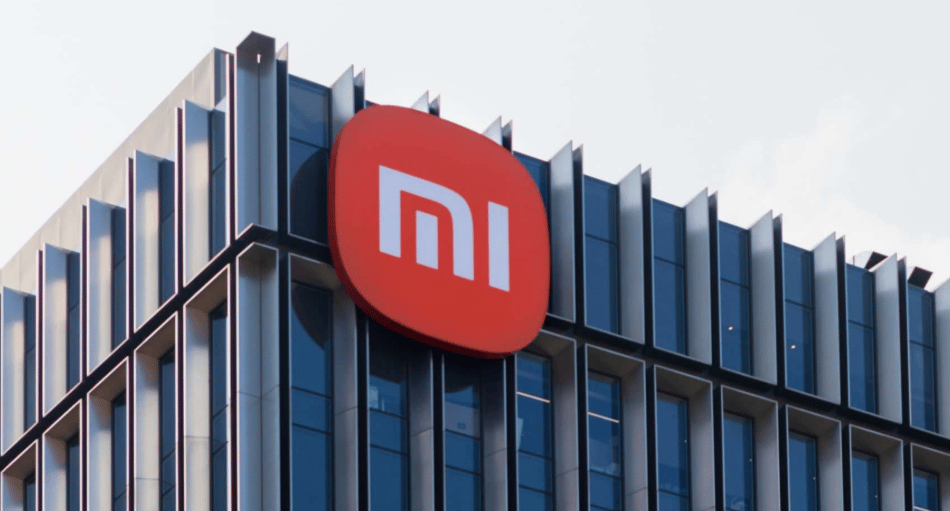Xiaomi Commits $27.8 Billion to R&D for Core Technologies Amid Electric SUV and Mobile Chip Launch
Chinese technology giant Xiaomi Corporation $1810.HK announced a substantial commitment to research and development, pledging to invest 200 billion yuan (approximately USD 27.8 billion) over the next five years. This announcement, made by founder and CEO Lei Jun on Thursday during a Beijing event, signals Xiaomi’s intensified focus on advancing core technologies as the company prepares to unveil its first electric sport utility vehicle (SUV) and the new mobile processor Xring01, alongside other cutting-edge products.
Xiaomi’s Investment and Its Implications for the Technology Sector
Xiaomi’s R&D pledge represents a significant escalation in the company’s innovation strategy amid increasing competition in both the consumer electronics and electric vehicle markets. Allocating nearly $28 billion for technological research underscores Xiaomi’s ambition to secure leadership in key areas such as semiconductor development, electric mobility, and smart device integration.
The unveiling of the electric SUV positions Xiaomi as a growing player in China’s rapidly expanding new energy vehicle (NEV) sector, which benefits from strong government incentives and robust consumer demand. The introduction of the Xring01 mobile chip further emphasizes Xiaomi’s move towards self-reliance in semiconductor technology, a critical factor given global supply chain challenges and geopolitical tensions impacting chip imports.
Investing heavily in R&D also aligns with Xiaomi’s broader long-term vision of fostering proprietary technology development rather than relying primarily on third-party suppliers. This strategy enhances Xiaomi’s competitive edge and mitigates risks associated with fluctuating international trade policies.

Quick Facts:
Xiaomi plans 200 billion yuan (~$27.8 billion) R&D investment over five years.
Announcement made by CEO Lei Jun at Beijing event.
Launch of first electric SUV and mobile chip Xring01 highlighted.
Investment targets core technologies including semiconductors and electric vehicles.
Strategy reflects emphasis on innovation and supply chain independence.
Market Reaction and Industry Perspectives
The investment announcement has been perceived positively by market analysts and industry observers, recognizing Xiaomi’s commitment to technological innovation amid intensifying global competition. The move may bolster investor confidence, potentially impacting Xiaomi’s stock performance on the Hong Kong Stock Exchange.
Analysts note that Xiaomi’s significant funding in R&D places it alongside major Chinese tech companies aggressively advancing in areas such as AI, 5G, and autonomous driving. The electric SUV launch is also a strategic entry point into the NEV market, dominated by competitors like BYD and NIO, signaling Xiaomi’s intention to diversify revenue streams.
The Xring01 chip introduction is particularly critical as semiconductor technology remains a bottleneck for many global manufacturers. Xiaomi’s internal chip development could reduce dependency on foreign suppliers and improve product integration across its ecosystem.

Key Points:
Xiaomi’s $27.8 billion R&D investment underlines its long-term focus on core technology innovation.
The electric SUV launch marks Xiaomi’s entry into China’s growing new energy vehicle market.
Development of the Xring01 chip enhances supply chain resilience amid global semiconductor shortages.
The strategic plan aligns with broader trends of Chinese tech self-sufficiency and innovation leadership.
Market reaction highlights potential positive impact on Xiaomi’s financial and stock performance.
Xiaomi’s R&D Commitment as a Catalyst for Technological Leadership
Xiaomi’s announcement of a 200 billion yuan investment in research and development is a clear demonstration of its commitment to advancing core technologies over the next five years. By focusing on electric vehicles, mobile chip innovation, and other technological frontiers, Xiaomi aims to solidify its competitive position in both the domestic and global markets. This strategic investment reflects broader industry dynamics where technology companies prioritize innovation and supply chain autonomy to navigate geopolitical challenges and maintain growth momentum. Xiaomi’s bold move is poised to reshape its future trajectory and influence the evolution of China’s high-tech sector.















Comments
A transaction of this magnitude might redefine how we approach automation in an ever-evolving tech landscape